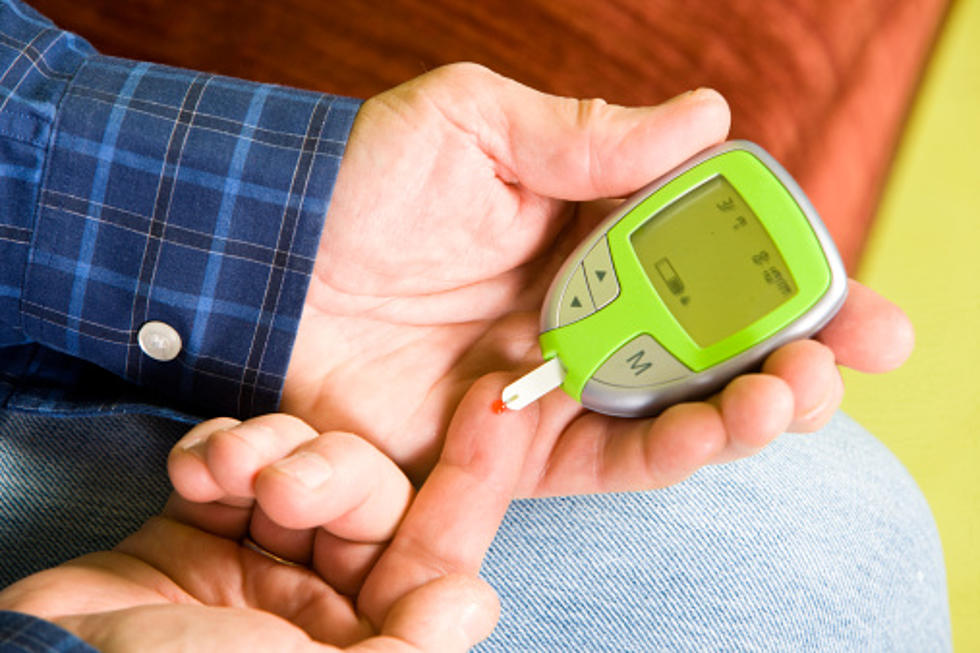
Your Walking Speed and Grip Strength May Predict Stroke, Dementia Risks
A new study finds that how fast you can walk and the strength of your hand grip may predict the odds of having a stroke or memory problems later in life.
“These are basic office tests which can provide insight into risk of dementia and stroke and can be easily performed by a neurologist or general practitioner,” Boston Medical Center neurologist Erica C. Camargo said in a press release.
Researchers at the American Academy of Neurology followed 2,400 volunteers with an average age of 62 over an 11-year period. The participants had no history of stroke or mental decline at the outset of the study. Hand grip and walking speed of the participants was measured, along with brain scans and memory tests at the start of the study.
During the follow-up period, 70 people suffered a stroke or transient ischemic attack (“mini-stroke”) and 34 people developed dementia.
The study found that those with slower walking speeds in middle age were 1.5 times more likely to develop dementia than those who walked fast. Walking slowly was also linked with lower brain volume and diminished performance on various tests of memory, language and decision making.
Stronger hand grip was associated with 42 percent lower risk of stroke or mini-stroke than those with weaker grips. People with stronger hand grips were also found to have larger brain volume and they scored better on tests in which they had to find similarities among objects.
“While frailty and lower physical performance in elderly people have been associated with an increased risk of dementia, we weren’t sure until now how it impacted people of middle age,” said Camargo. “Further research is needed to understand why this is happening and whether preclinical disease could cause slow walking and decreased strength.”
More From WFNT










